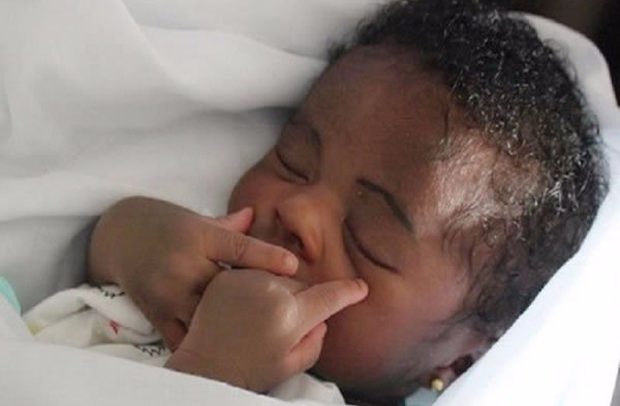New year baby
Ghana on New Year’s Day added 2,400 babies to its population, the United Nation Children’s Fund (UNICEF) Ghana office has announced.
According to a UNICEF statement, the Ghanaian babies account for 0.6 percent of the estimated 385,793 babies that were given birth to globally on New Year’s Day.
The United Nations (UN) Agency further noted that over half of New Year’s births took place in nine countries, including India with 69,070 babies; China, 44,760 babies; Nigeria, 20,210 babies; Pakistan, 14,910 babies; Indonesia, 13,370 babies; United States of America, 11,280 babies; Democratic Republic of Congo, 9,400 babies; Ethiopia, 9,020 babies and Bangladesh, 8,370 babies.
UNICEF said while many babies will survive, some will not make it past their first day, indicating that in 2016, an estimated 2,600 children died within the first 24 hours every day of the year, worldwide.
“For almost two million newborns globally, their first week was also their last. In all, 2.6 million children died before the end of their first month,” the statement added.
It further pointed out that among those children, more than 80 percent of all newborn deaths are due to preventable and treatable causes such as premature birth, complications during delivery and infections like sepsis and pneumonia.
Globally, babies dying in the first month account for 46 percent of all deaths among children under five.
UNICEF Ghana Representative Rushnan Murtaza hinted that UNICEF’s resolution is to help give every child more than an hour, more than a day, more than a month — more than survival.”
“It is our collective responsibility to join the fight to save millions of children’s lives by providing proven, low-cost solutions,” she said.
She explained that over the past two decades, the world has seen unprecedented progress in child survival, halving the number of children worldwide who die before their fifth birthday to 5.6 million in 2016. But despite these advances, Ms Murtaza said there has been slower progress for newborns.
“We are now entering the era when all the world’s newborns should have the opportunity to see the 22nd Century. Unfortunately, nearly half of the children born this year likely won’t. A child born in Sweden in January 2018 is most likely to live to 2100, while a child from Ghana would be unlikely to live beyond 2081,” Ms Murtaza added.
UNICEF will launch Every Child Alive, a global campaign to demand and deliver affordable, quality healthcare solutions for every mother and newborn this month.
These include a steady supply of clean water and electricity at health facilities, the presence of a skilled health attendant during birth, disinfecting the umbilical cord, breastfeeding within the first hour after birth, and skin-to-skin contact between the mother and the child.
By Jamila Akweley Okertchiri


